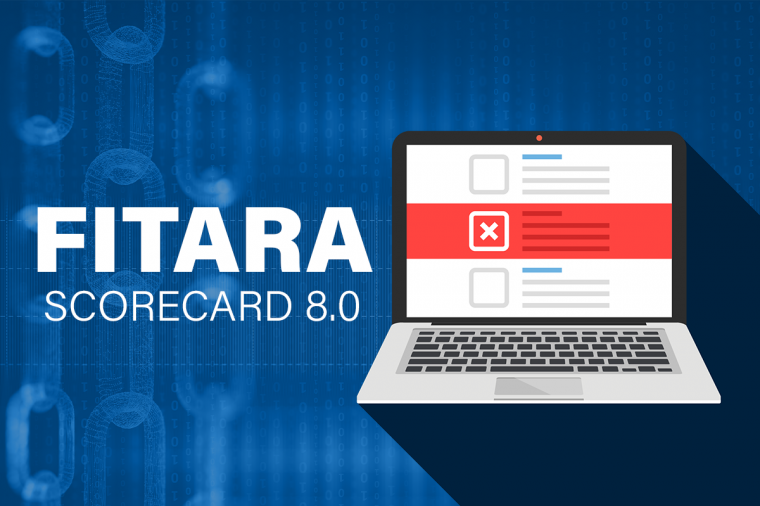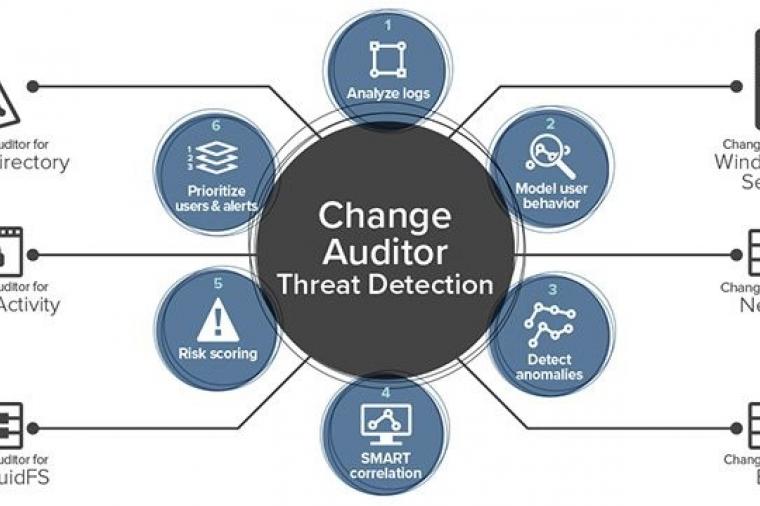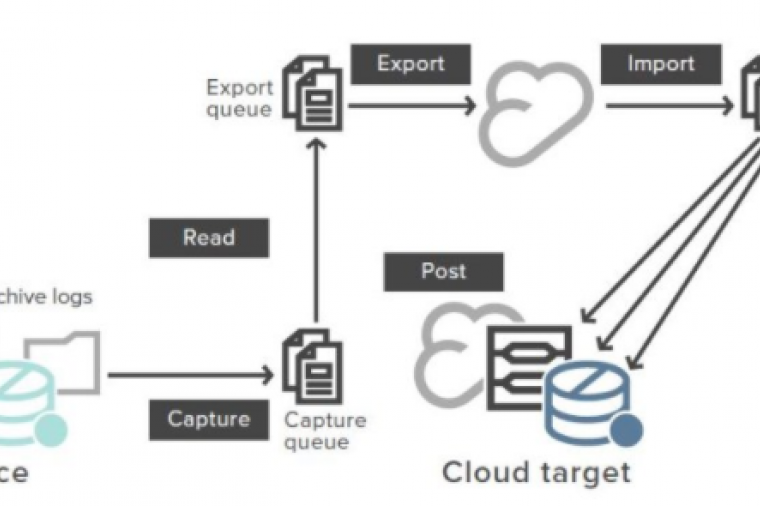Technically News scans thousands of industry articles to present you with a weekly source of IT news, information, and ideas that impact the public sector.
Big Data Saves Money & Lives
Functionally, we know Big Data will help us organize and analyze information faster and more efficiently, but what are the tangible benefits of it? A recent survey answers that question. According to 200 public sector IT professionals, the answer is a potential $380 billion cut from federal budgets per year and a “significant” amount of lives saved. GCN outlines why in their article “4 Ways Big Data Can Save Lives & Money.” If that inspires you to take action, GovTech has “8 Tips for Getting Started with Big Data.”
FEMA Aims to Bring Geospatial Data into Cloud Environment
How do you share vast amounts of geospatial data with multiple agencies, in harsh environments, and in almost real-time? The Federal Emergency Management Agency (FEMA) is turning to the cloud. In an RFI released last week to vendors, FEMA said they are looking for a cloud solution that features scalability, storage, and mobile compatibility. FEMA had success with the Amazon EC2 cloud environment during Hurricane Sandy. Fierce Government IT has a full break down.
Symantec Finds Stuxnet Worm Traces from 2005
Stuxnet, the cyber-sabotage campaign that destroyed almost 1,000 uranium-enrichment centrifuges in Iran, may be a lot older than we thought. Symantec recently announced their researchers have found traces of the worm from 2005. Stuxnet was so successful the Iranians originally thought the malfunctioning was due to technical problems and is the most significant worm uncovered. Symantec’s discovery is another veil lifted on the increasingly significant and sophisticated world of cyber-espionage.
Connecticut Increases Power Grid’s Cybersecurity
In January, Van Ristau wrote about infrastructure cybersecurity legislation. Last month, President Obama released his cybersecurity executive order. Last week, Connecticut announced that their energy strategy will, for the first time, include a cybersecurity focus. In a forward thinking move, the state will revisit the new strategy every three years to ensure it matches with the changes in technology and the knowledge available to policy makers. Hartford Business’ “CT to Beef Up Power Gird’s Cybersecurity” has all the details.
Seven Actions for Governors on Cybersecurity
Michigan’s Chief Security Officer, Dan Lohrmann has posted his opening remarks from a panel titled “States and Cybersecurity,” that took place during the National Governor’s Association Winter meeting. During a time when budgets are fluctuating and cybersecurity grows in complexity, Dan offers seven actions governors can take to mitigate cybersecurity risk. He offers four in the area of cyber defense and three in the area of cyber response. Read his transcript here.

































